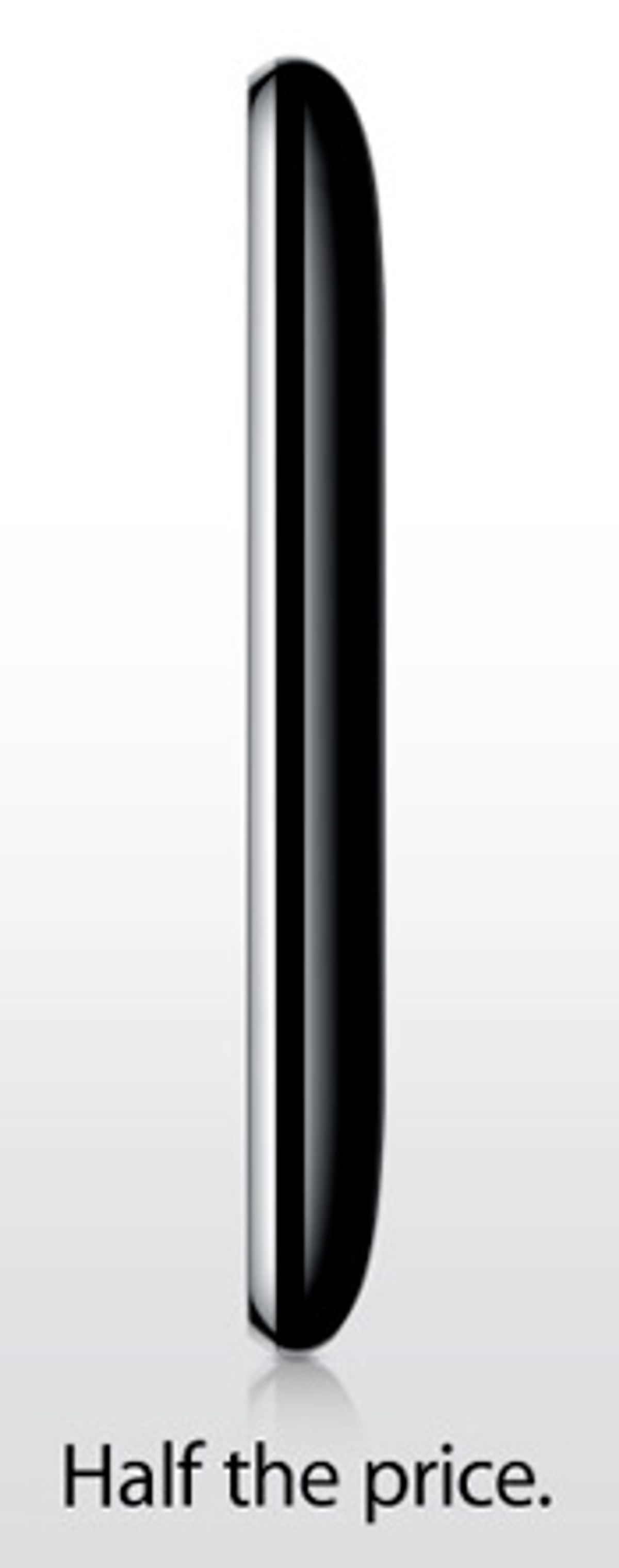The other day I and several other bloggers pointed out that when Steve Jobs said he was making the iPhone "more affordable" by reducing its sales price from $399 to $199, he wasn't telling the full story.
In the United States, when you buy the new iPhone, you've also got to sign up to a two-year deal with AT&T, and AT&T has raised the price of its iPhone service plans.
As I calculated it, the new iPhone would set you back $40 more than the old phone over two years. Now Gizmodo has a new calculation incorporating other charges; it shows that the new iPhone costs $1,975 over two years, compared to the old phone's price tag of $1,815 over two years -- in other words, the new phone is $160 more than the old phone.
Many readers rejected this analysis, arguing that Apple could still credibly claim that the new phone is "more affordable." First, they faulted me for failing to consider the time value of money. Since you're paying the new higher cost over two years (on your monthly cell bill), rather than upfront (in the Apple store), you'll be able to (in theory) invest the money you save. So the price increase is smaller than it looks.
Plus, you're getting more features for the slightly higher price -- a trade some people might define as "cheaper." Gizmodo echoes this argument, noting that other 3G phones cost roughly the same as the iPhone, and that "$160 is a small price to pay -- for us at least -- over the course of two years to drastically increase your email and browsing speeds."
Fine, so the price is not that much higher, and you're getting more.
But I still think Apple's not playing it straight in its marketing. For instance, take a look at the ad slogan on its Web site. "Twice as fast," says Apple of the new phone. "Half the price." The company repeats the half-price claim in its iPhone TV ad.
Now that's plainly false. The new iPhone may be cheaper than other 3G phones, and depending on how you adjust for time, you could say it's exactly the same price as the old iPhone.
But in order to use it in the U.S., you're forced to sign up with AT&T (you've got to do so in the store, at the time of purchase). And when you add in that cost -- as you must -- the new iPhone is far more than half the price of the old phone. So how can Apple claim that with a straight face?
------
I talked about the new iPhone in my Current TV video this week.





Shares